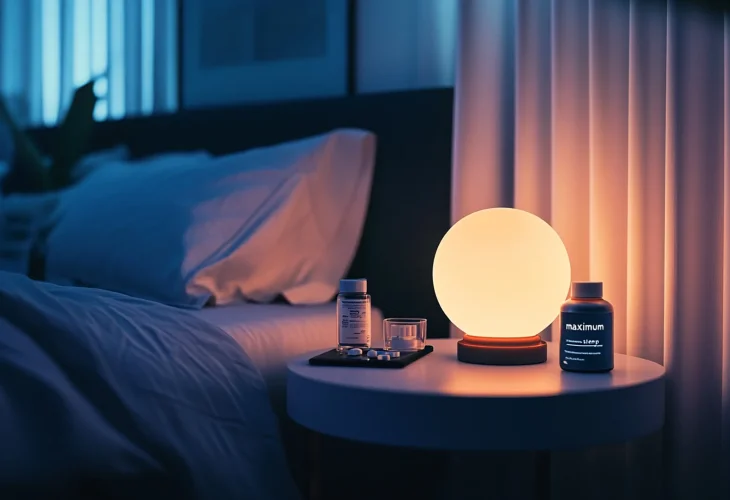Health and Nutrition
Sleepmaxxing: The Rising Global Trend for Better Health and Productivity
Why young people are prioritizing deep, quality sleep — and what experts say about the risks of overdoing It

In an era where health and personal well-being are front and center, a trend known as “sleepmaxxing” is gaining momentum among young people around the world. This trend encourages individuals to invest in long, high-quality sleep to boost overall health, increase productivity, and maintain a fresh appearance.
Sleepmaxxing reflects a growing movement focused on achieving optimal sleep — both in duration and quality. Followers of the trend ensure a quiet, dark environment, use advanced sleep-tracking technology, and even take supplements designed to enhance rest. Many aim for 8–10 hours of sleep each night, depending on personal needs, and take various steps to ensure that sleep is as restful as possible. These include using sleep-monitoring apps, maintaining a noise-free and light-free bedroom, avoiding screens before bed, and consuming natural supplements like magnesium and melatonin. Some also adopt specific sleep positions and practice meditative breathing to deepen sleep and reduce nighttime awakenings.
Numerous studies have shown that sufficient, high-quality sleep supports memory, strengthens the immune system, improves emotional balance, and reduces the risk of chronic illness. Good sleep is also linked to better mood, increased productivity, and maintaining a healthy weight.
However, experts caution against taking the trend too far. Excessive sleep — beyond the recommended 7–9 hours per night, may be associated with health risks such as higher chances of cardiovascular disease, diabetes, and depression. In addition, becoming overly fixated on sleep quality can lead to stress and anxiety, especially when people fail to meet their sleep goals.
Experts advise maintaining a balanced approach. It’s important to aim for adequate and high-quality sleep, but without overdoing it. A consistent sleep routine, avoiding caffeine and alcohol before bed, and creating a comfortable, quiet sleeping environment are effective ways to improve sleep without causing unnecessary pressure.

